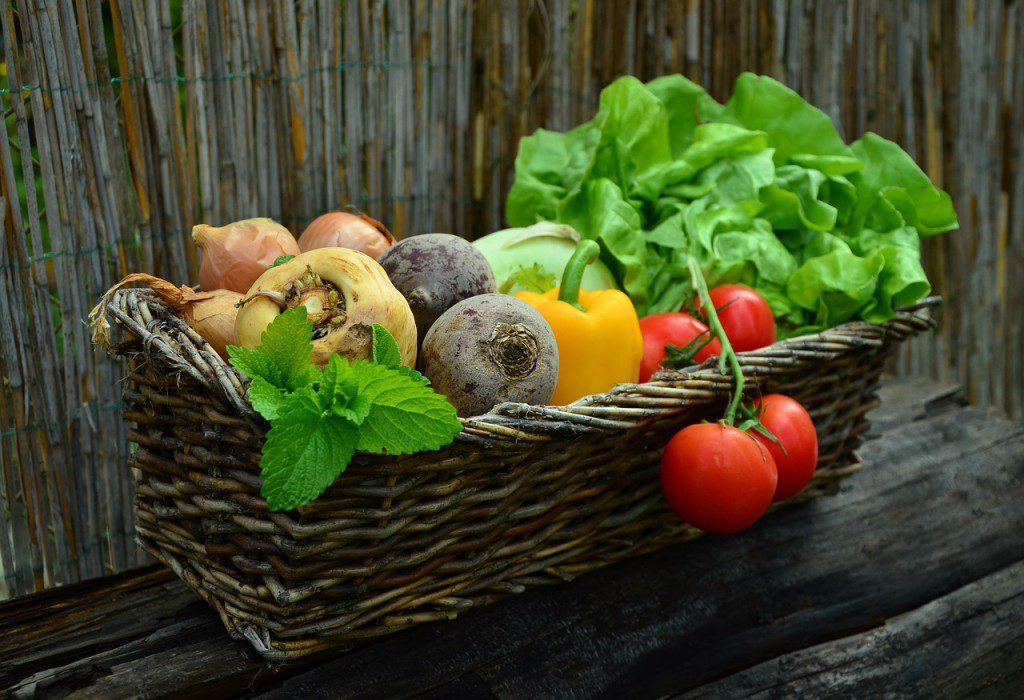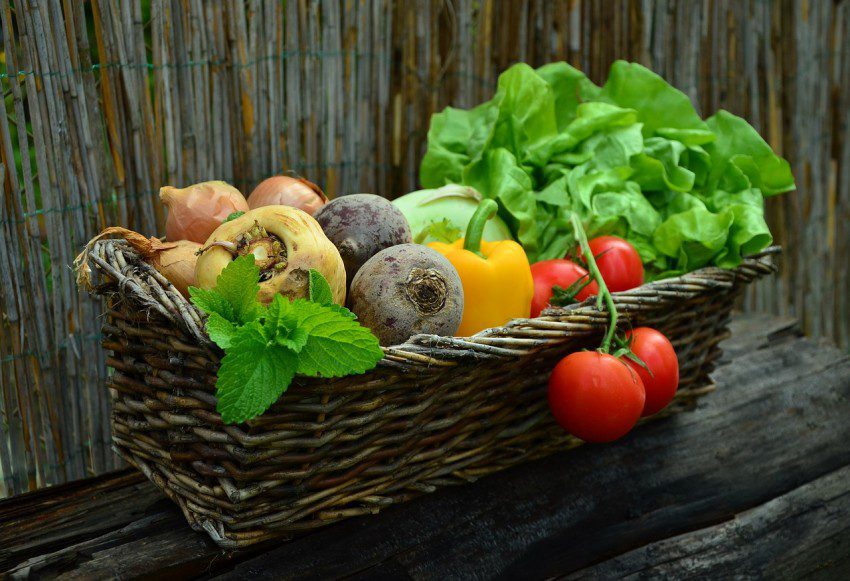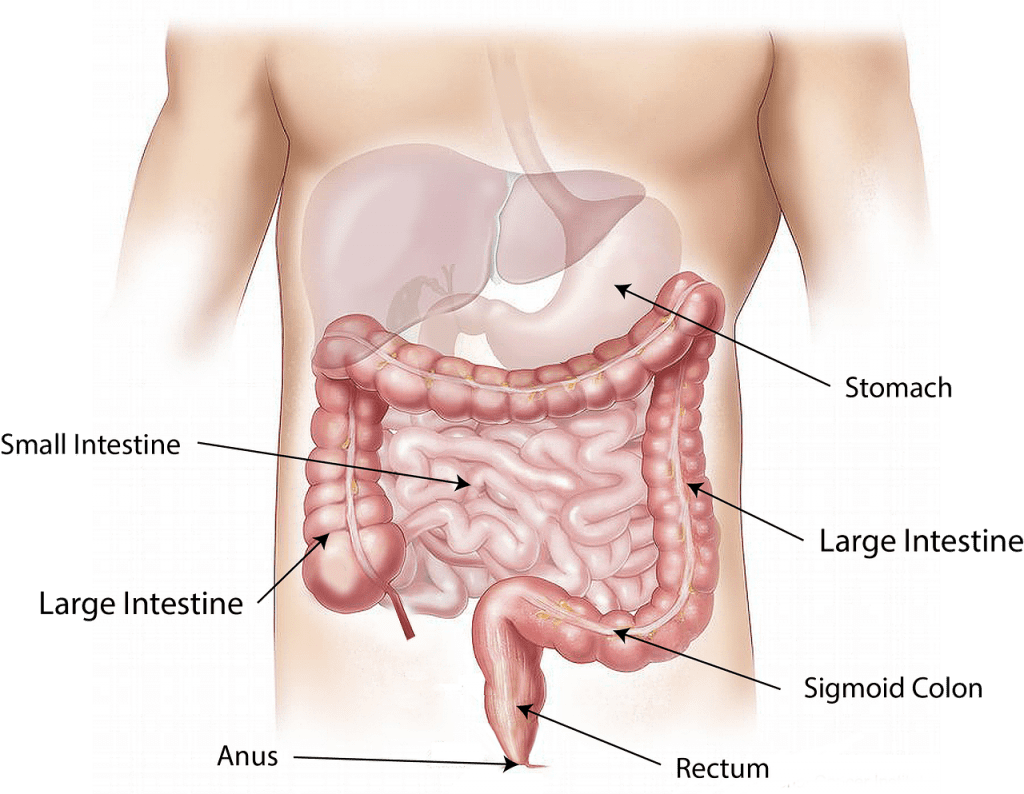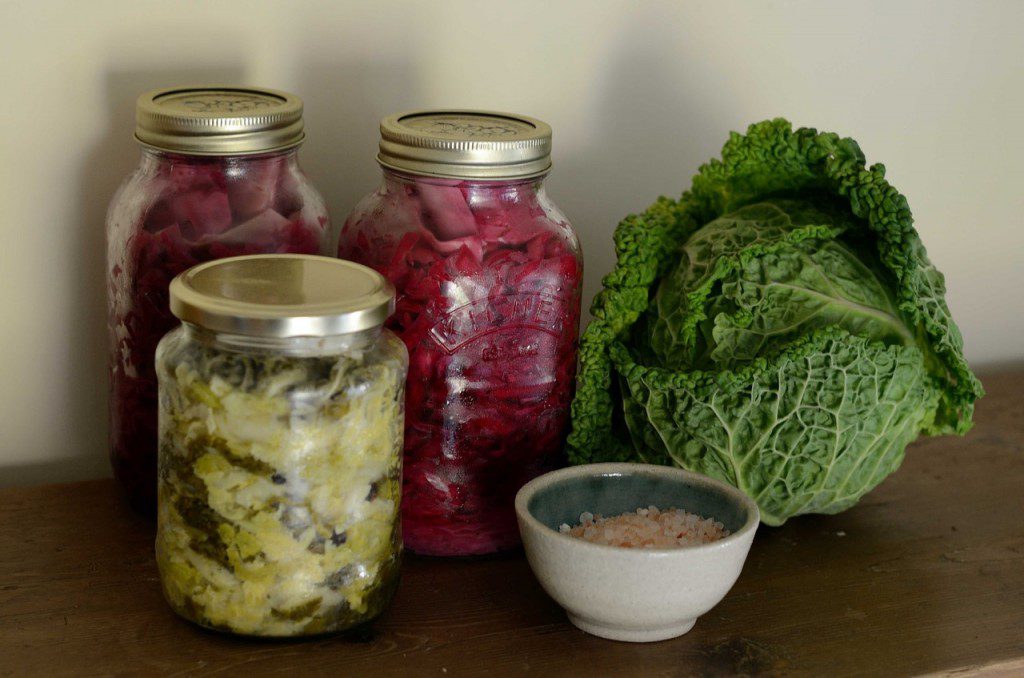The Basics of a Healthy Gut – An Overview:
The ‘gut’ is a real buzz word at the moment but few people are aware of the basic tools that keep your gut healthy. There is so much information flying around it can be easy to get bamboozled and even the terminology can sound so complicated, it can be hard to get your head around what exactly is ‘healthy’ and what are the basics of a healthy gut. But it need not be too difficult, hopefully, this blog can simplify it for you.
Our gut is an extremely important part of our body for a number of reasons:
- the gut holds trillions of bacteria, approx ten times more bacteria than cells, we are literally more bacteria than human
- there are thousands of different types of bacteria, and the specific balance of them is very important for good health
- our gut lining contains its own immune system, which can have an impact on the rest of the body
- a gut-brain link is being widely researched in recent years
Our gut lining is made up of tight junctions which are built to let through only the tiniest particles and nutrients. So in an ideal world with nothing to irritate the gut lining and food being chewed sufficiently, the gut would work just fine. Unfortunately, this doesn’t describe the modern world we live in. Today’s busy lifestyle means rushing our food, insufficient chewing and poor digestion. Add to that a constant stream of toxins, alcohol, smoking, medications, antibiotics, stress all of which can have a detrimental effect on our gut lining. Luckily, there are some basics of a healthy gut that you can implement now and your body will soon thank you.
What you need to know:
With these factors weakening the gut wall, the once tight junctions begin to loosen, this is known as leaky gut or intestinal permeability. Chewing our food well is a very important part of digestion. Insufficiently chewing our food puts stress on the digestive system, adding to its workload which results in bigger particles of food than desirable arriving in the gut. The loosened junctions then make it possible for these bigger food particles, as well as toxins and microbes, to pass through the gut wall and these can cause inflammation in the body, due to an immune reaction being initiated.
The immune system sees these particles as foreign invaders and starts to attack them. These particles can even get lodged in our tissues and then the immune system starts to attack the tissue also, and this is where we get into the scary area of autoimmunity, the body attacking itself.
Maybe you have low energy or mood issues, food sensitivities or even food intolerances or digestive issues. Poor gut health could be causing you problems! So what can be done? Well, a great place to start is with gut repair and healing the gut wall.

Tips to get started:
- start the day with a glass of lemon water with 1 tbsp apple cider vinegar
- make bone broth a part of your daily diet, a great habit to get into is to boil an organic chicken once a week, to keep you in bone broth all week long, add it to dishes or just have as is as a hot drink
- stewed cooking apples with cinnamon are great for gut healing
- add more veg and fruit to your diet, both cooked and raw
- add a green juice to your daily routine (cabbage is great for gut healing if you could squeeze a little of that in!)
- slow down your eating, chew each bite 20-30 times, remember your gut has no teeth!
- try to reduce stress, especially around meal times, take a few dep breaths before eating
- reduce snacking where possible, each 3 good meals and have a good break in between to give your digestion a break
- reduce alcohol, caffeine and sugar as well as processed and fried foods
- add fermented foods to your diet, sauerkraut, kimchi, tempeh, miso, kombucha, kefir
- use coconut oil as your cooking oil, it is much more stable at high temperatures and has antimicrobial and antibacterial properties
- reduce allergens in your diet such as gluten, wheat and dairy. Listen to your body and if you feel something doesn’t agree with you try eliminating it for 3 weeks and see if you notice a difference off it, or on reintroduction
Down the line, if you wanted to do further investigations into your gut health a Nutritional Therapist can arrange a Comprehensive Diagnostic Stool Analysis, which can tell us so much about what’s going on in the gut in terms of the balance of bacteria and even infection
Great books to inform yourself further are ‘Eat Dirt’ by Dr Josh Axe, ‘Gut’ by Giulia Enders, ‘Healthy Gut, Happy You’ by Jennifer Albuquerque, ‘Brain Maker’ by David Perlmutter, ‘The G Plan Diet’ by Amanda Hamilton and ‘10% Human’ by Alanna Collen
If you would like to learn more about nutrition and a healthy lifestyle, check out our Nutrition and Health Coaching Course!
By Kara Reilly, Current Student IINH













